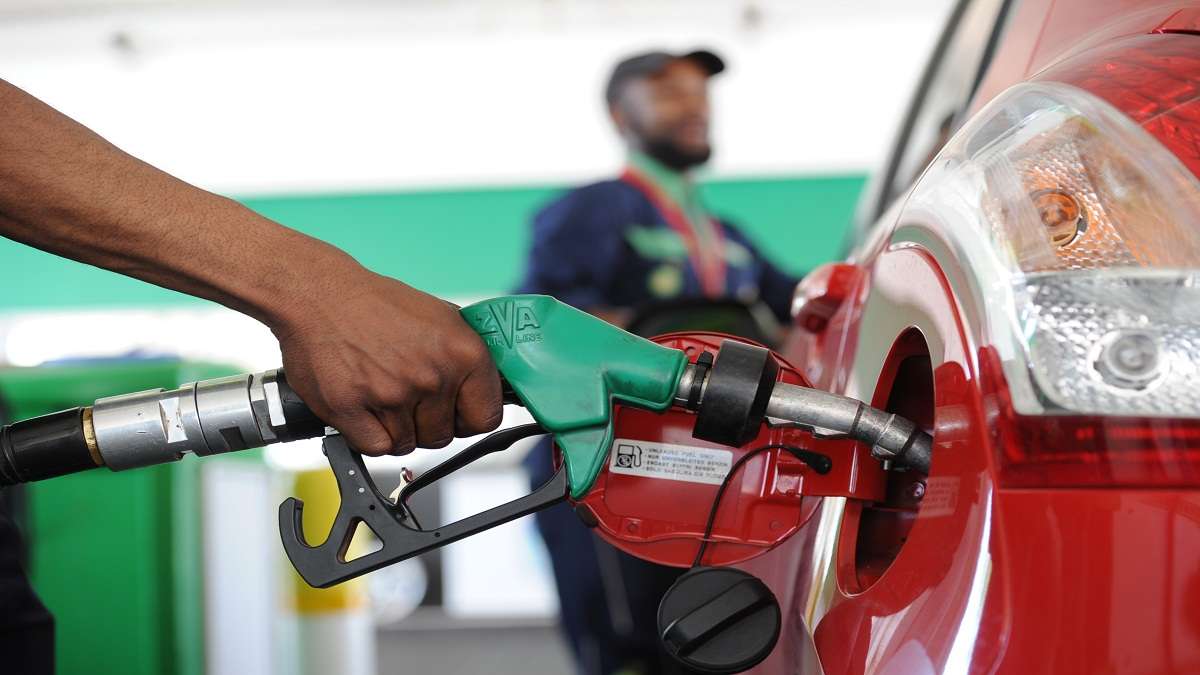The Federal Government refutes the World Bank’s claim that it continues to subsidize petrol, asserting that the era of such subsidies is definitively over.
In an interview on Channels TV, Minister of Information and National Orientation, Mohammed Idris, emphasized President Bola Tinubu’s commitment to ending petrol subsidies from his first day in office, highlighting that the removal of subsidies has resulted in increased revenue for the federation account.

Contrary to the World Bank’s suggestion that current fuel prices in Nigeria lack cost reflection, Minister Idris contends that the subsidy removal has positively impacted the nation’s financial outlook.
The World Bank’s lead economist for Nigeria, Alex Sienaert, had asserted during the presentation of the Nigeria Development Update (NDU) in Abuja that there is still a subsidy on petrol, indicating that Nigerians should be paying approximately N750 per litre, as opposed to the current N650 in certain regions.
He stated, “It does seem like petrol prices are not fully adjusting to market conditions. So, that hints at the partial return of the subsidy if we estimate what is the cost reflective of the retail PMS price of the would-be and assume that importation is done at the official FX rate.
“Of course, the liberalisation is happening with the parallel rates, which is the main supplier, the price would be even higher. These are just estimates to give you a sense of what cost-reflective pricing most likely looks like.
“We think the price of petrol should be around N750 per litre more than the N650 per litre currently paid by Nigerians.”
But speaking on the issue, the minister stressed that government was no longer paying any subsidy on petrol.
He stated, “Subsidy is gone, and the President told Nigerians from his first day in office that there won’t be subsidy (on petrol). It is because subsidy has gone that we have so much money available for government to do so many things. Of course, it’s never enough, but fuel subsidy is gone and it’s gone for good.
“There are instances where government needs to come in to see that things don’t go so bad. That’s the responsibility of government. Every rule will also have its self-adjusting mechanism, but I can assure Nigerians that subsidy is gone.
“If you look at the monies accruing to the federation account and the kind of money the states are receiving, you would know that everybody desires that subsidy should go. What do we do with that subsidy, I think, is the next question. We need to scrutinise that, so that Nigerians would have the benefit of the subsidy that has been taken away. Subsidy is gone.”
It was reported that petrol was already selling at around N690 in Kano and Sokoto states, and over N700 per litre in far North-Eastern states of Yobe and Borno.
With the current prices, many Nigerians have been forced to abandon their vehicles even as the cost of basic items has skyrocketed and the value of citizens’ income eroded by inflation.
Many observers have already condemned the World Bank’s prescription and advised the Federal Government to look for a home-grown solution to the prevailing economic challenges in the country.
It was reported in September that despite the repeated assurances by President Bola Tinubu that the petrol subsidy regime was gone, the government paid N169.4bn as subsidy in August to keep the pump price at N620 per litre.







